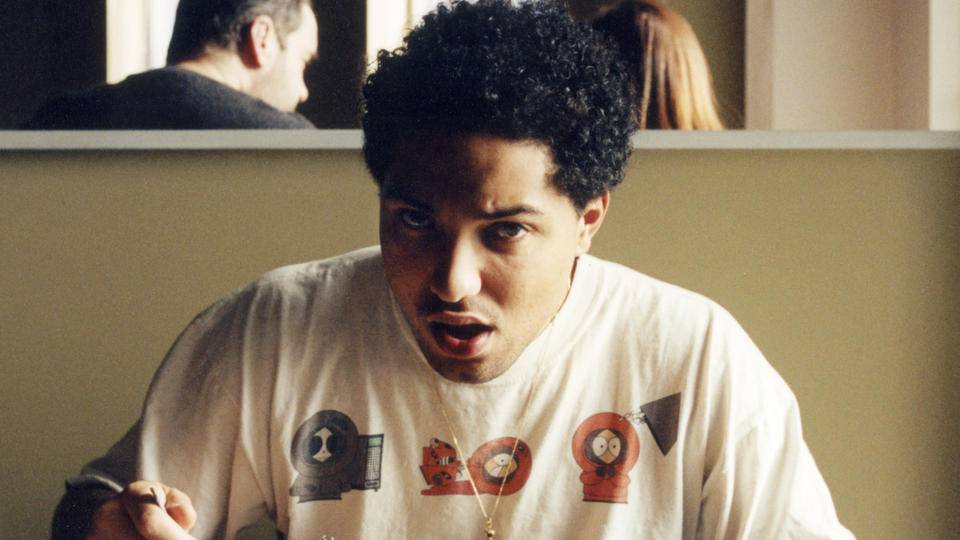Is It Time To Redefine Cheating?

This time three years ago, I found myself regularly sitting on a brand-new friend’s couch lamenting about whether or not to get back with my ex-boyfriend. I was conveying to this new friend the backstory to explain why I was hesitant – although he seemed like he’d made a 180 change, he’d been awful to me; from gaslighting to breaking things, and that whenever I thought things were finally working out, I’d find out he’d be cheating on me.
My friend, of course, was emphatically infuriated and asked for details on what the cheating had consisted of. I explained that there were messages, drinks meetings, nudes on Tinder, plus more. But despite this list, she kept pushing me for more information, as though I hadn’t already given enough.
'Check out Courtney Act chatting all things safe sex...'
Finally, she reluctantly and quietly replied to my list of grievances and said, ‘Well, that’s all bad… but he didn’t *actually* cheat then, did he?’
This impasse was an absolute shock to me. I couldn’t fathom how this friend couldn’t think this set of disloyal behaviour constituted the label of ‘cheating’. Sure, my ex hadn’t had sex with anyone else, but I saw this as a serious betrayal and would have called it cheating in any relationship between any two monogamous people. However, she friend saw things entirely differently. If he didn’t hook up, then it wasn’t real cheating. It could be something else, bad for sure, but not that harsh of a phrase essentially reserved for fucking someone else.
From that moment, I realised that the grey area in the world of cheating has become larger than the black and white. In the digital age, with Tinder, Grindr, and untraceable WhatsApps, mixed with the millennial age coming with new definitions of what a relationship can be, we don’t have a strong definition of what is and what isn’t cheating. Although we may feel like sexual contact is the be-all-and-end-all on the spectrum, for many, that may mean nothing compared to the devastation of emotional cheating.
The state of open relationships illustrate this divide perfectly. Open relationships, meaning relationships where your sex life is not limited to stay within the couple, means that your emotional bond is senior to a monogamous sex life. When you can’t cheat on someone in the traditional sense, ie having sex with someone else, then emotional connections and draws to other people are an entirely new way to view loyalty to your partner.
I spoke to a friend of mine on this subject, one who has been exploring open relationships for the last two years. She talked about how hearing about her partner’s sexual desire was a turn on (despite talking about your other sexual partners within an open relationship is often a no-go) and that she genuinely felt no emotional hurt from hearing about or even seeing her partner getting off with someone else. However, when her partner started talking about one woman he was seeing regularly beyond the realm of sex, things started to go wrong. My friend noticed her partner growing a romantic attachment to this other woman, something so devastating to my friend that she couldn’t be with her partner anymore.
Sex with other people didn’t tear them apart – but her partner feeling romantically for someone else did.
But then that opens up an entirely new issue: what counts as emotional cheating? Do you have to convey your feelings for someone else for it to count? Does having those feelings count as enough? How strong do your feelings have to be? How do you measure that emotion? We can even return to my scenario with my ex, where no physically sexual transgressions occurred nor did a genuinely emotional/romantic one. Sexts, outings (leading to no physical contact), and nudes can’t really fall into either of these categories and yet a betrayal of trust transpired. What do we call this then?
Ultimately, no one has nor ever will have the answers. And let’s get real – it’s up to what you and your partner (or partners, live your life) find to be the best solution for your relationship. But we pose this question (and let us know too): is it time to redefine what we call cheating?
'- Words by Sarah Manavis.'





